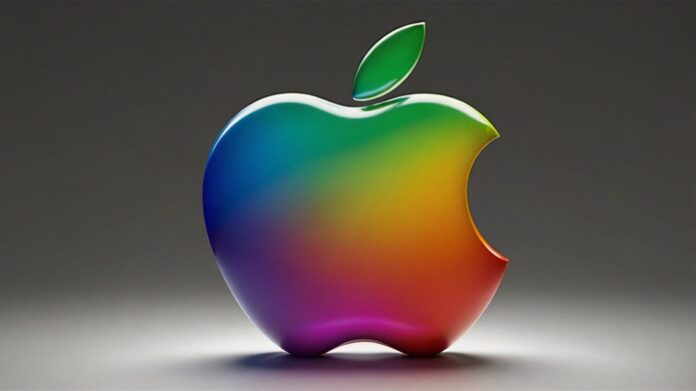Satellite connection on smartphones is the latest idea from smartphone manufacturers. After 5G, this technology, long reserved for specific uses, is now making its appearance on some smartphones. Huawei and Apple quickly took this turn, with a launch of the iPhone 14 at the Cupertino company. The feature is called “Emergency SOS via Satellite” on the iPhone 14 (Pro) and iPhone 15 (Pro), but it’s going to get a real shake-up with the arrival of iOS 18.
At WWDC 2024, Apple has long insisted on the Messages app and its new features. The implementation of iOS 18 will introduce the RCS standard to iPhones and thus make it easier to send messages via satellite. The Cupertino company will extend the emergency SOS feature to allow its users to communicate via satellite in the Messages app when there is no cellular or Wi-Fi connection. The idea is to take advantage of the iPhone’s current satellite capabilities so that the feature is no longer limited to emergency messages.
iPhone owners will connect to the nearest satellite in the Messages app to send and receive messages, Apple said. It will also be possible to exchange emojis and Tapbacks via iMessage and SMS. On the other hand, you can’t use Apple’s satellite feature with a third-party app like WhatsApp. As with existing satellite features, the service will be offered free of charge for two years after the compatible iPhone is activated. The company has also extended this period by one year for iPhone 14 users, but the feature could later become paid. The Cupertino company doesn’t mention the price, but extending it more broadly could lead Apple to communicate quickly on the subject.
In the footnotes, Apple specifies that the novelty does not affect all smartphones compatible with iOS 18. They are limited to iPhone 14 and newer models, the same iPhones that already support Emergency SOS. The list is therefore limited and we should not – yet – wait for it in France.
It will arrive in the US first, but Apple quickly chose to extend the emergency SOS service after its announcement. We can imagine that the feature will soon arrive in France, marking a new breakthrough in satellite communication on smartphones. In the Android world, Huawei already offers a similar feature.















